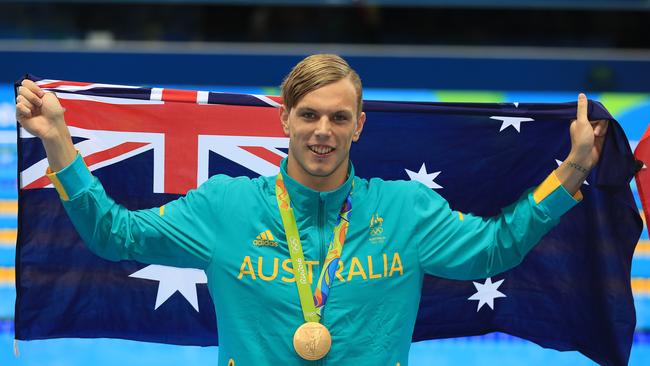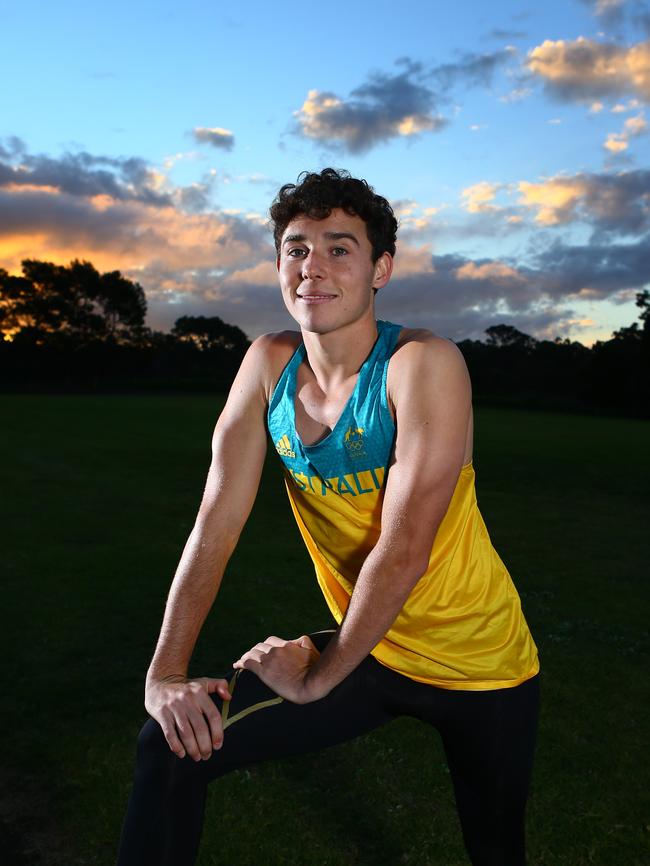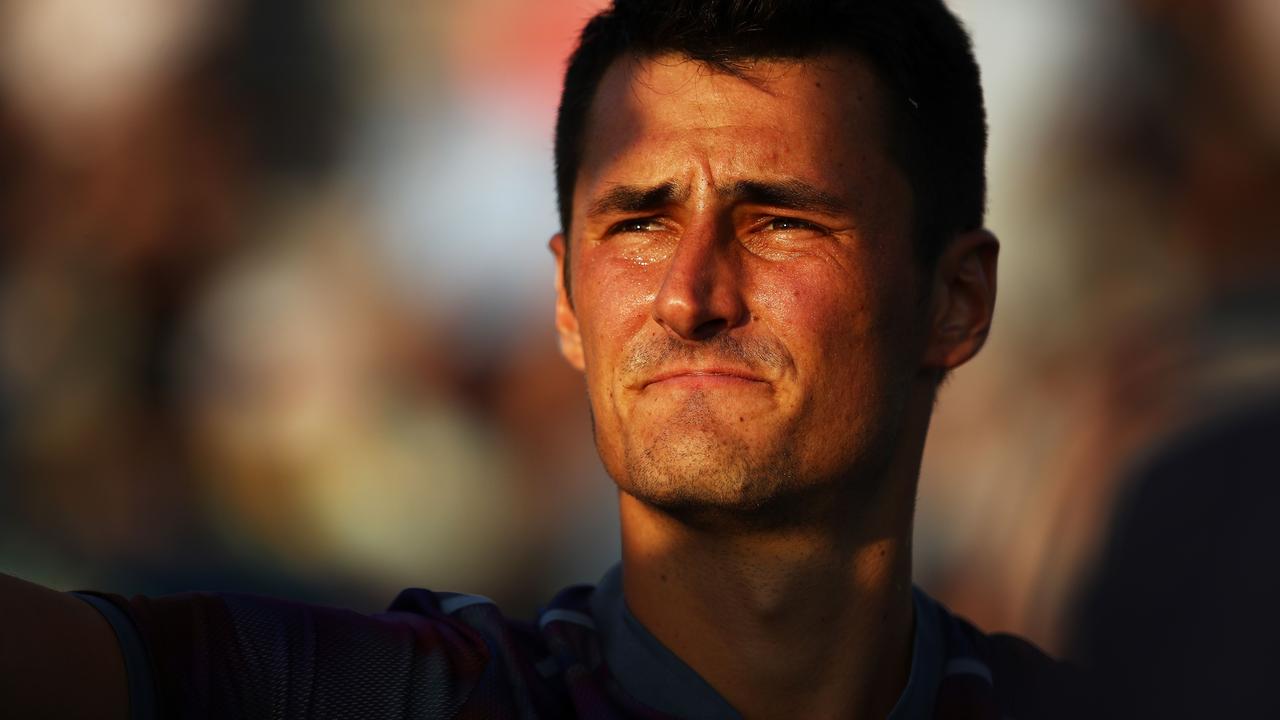Australia needs to pay up if it wants gold medals
Ahead of next year’s Commonwealth Games, Australia is spending less than half the dollars Great Britain is on its athletes. And it shows.

In the three hours before the first ticket request window closed at midnight on Monday, the Gold Coast Commonwealth Games had a staggering 85,000 requests.
When the final tally was done yesterday, the Games organising committee GOLDOC had orders for 1.2 million tickets, an exceptional result for an event that will take place outside a major metropolitan area.
By comparison, the 2006 Melbourne Commonwealth Games had 1.4 million requests at the same stage, while the 2000 Sydney Olympics had 1.8 million.
There were good reasons for GOLDOC chief executive Mark Peters to be smiling. Not only will the revenue from ticket sales underpin the event’s budget, but the ticket rush will give the organising committee renewed momentum over the next year.
“As a regional city, where a lot of people will have to source accommodation in order to come to the Games, it’s very pleasing,’’ Peters said.
He said the success of the initial ticket program would boost confidence both inside and outside the organisation.
“There was a lot of high-fiving around here late last night,’’ he said. “Everyone is really pumped. We still have heaps of work to do but everyone’s feeling good about the Games.’’
If this were a test of the enduring appeal of the Commonwealth Games, then Australians voted with their credit cards, which makes it all the more puzzling that public funding for elite athletes appears to be on the nose.
People are buying those Games tickets in the expectation that they will see Australians winning gold medals.
The federal government clearly does not believe that allocating more money to the athletes who will compete on the Gold Coast next year and in Tokyo at the 2020 Olympics is a vote-winner. Instead it’s looking to a national lottery to solve the funding crisis.
The level of funding for high-performance sport has stagnated over the past seven years and the performance of Australian teams has dropped accordingly. If you’re standing still in high-performance sport, you’re falling behind.
Australia is committing less than half the funds to high-performance sport that traditional rival Britain is, and it shows. At the Rio Olympics last year, Britain finished second with a gold medal count of 27, and 67 medals in total, while Australia finished 10th with eight gold medals, from a total of 29.
There has been a recent trend to value gold medals only in terms of the economic cost, not in terms of the social benefit to the nation by inspiring new generations of Australians to strive for their dreams and pursue excellence.
The fact is that it currently costs Australians less than $5 per head per year to support our entire high-performance sports structure. That’s the price of a large cup of coffee in inner-city Sydney.
Yet an article published in The Australian on Monday about the financial difficulties that face gold medallist Chloe Esposito and her younger brother Max, both international medal contenders in modern pentathlon, attracted a mostly negative response.
The general tone was one of “we don’t want our taxpayer dollars spent on privileged athletes”.
There is clearly a wide discrepancy between the perception of “privileged athletes’’ and the reality of most of those who dedicate their lives to representing their country in international sport.
These are not footballers or cricketers earning millions. Of the hundreds who represent Australia at each Games, a handful come out ahead financially.
Even among gold medallists, only a select few earn more commercially than they would if they went to university instead and became a banker or a lawyer (anyone inspired yet?), and that tap turns off almost immediately after they stop competing.
It can be a short and insecure existence, but talented young Australians still dedicate themselves to the dream of achieving all their talent allows.
For $10 per head per year, we could help them to find the kind of success that resonates throughout our communities.
So the next time you buy that large cup of coffee consider whether it gives you more pleasure than watching an Australian triumph on the world stage.
Australians have requested an extraordinary 1.2 million tickets for the Gold Coast Commonwealth Games in the first wave of applications, which finished at midnight last night.
So why are we so unwilling to spend public funds to support our elite athletes?
Australians have not applied for so many tickets because they want to see our best athletes finish as also-rans at the Games, but that is the long-term future for Australia’s teams unless we dedicate more funds to their support and preparation.
Australia is committing less than half the funds to high performance sport that traditional rival Great Britain is, and it shows.
At the Rio Olympics last year, Britain finished second with a gold medal count of 27, and 67 medals in total, while Australia finished 10th with eight gold medals, from a total of 29.
Luckily for the home team, Britain divides into four nations for the Commonwealth Games, so we are less likely to be swamped at a home Games.
However, unless the federal government provides a circuit-breaker in terms of more funding for sport, or the establishment of the kind of national lottery that fuels British sport, Australians will have to adjust to being a bit player on the world stage, not only as an economic power but as a sporting power.




To join the conversation, please log in. Don't have an account? Register
Join the conversation, you are commenting as Logout